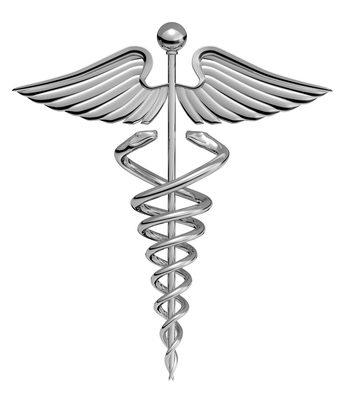Completing a Bachelor of Science (B.S.) in Dietetics and a Master of Health Administration (MHA) opens up unique business opportunities in the health care sector. Both degrees can lead to a career dealing with the health of patients; however, with both degrees, one can create their own professional path, thanks to insights and training from both degrees.
Bachelor of Science in Dietetics and Career
A B.S. in Dietetics is a health degree focused on nutrition and food consumption. The degree correlates with a career as a registered dietitian (RD). According to the U.S. Bureau of Labor Statistics (BLS), a Registered Dietician is a professional with a B.S. in an accredited, didactic bachelor’s program in dietetics. Dietitian academic programs consist of classes in microbiology, food production, physiology, biological anthropology, sanitation, organic chemistry, and community and public health. In the professional world, dietitians help patients or clients with their general health related to what and how they eat. Dietitians study how diets and consumption rates affect the health of individuals and of populations. Dietitians make suggestions as to how to best eat foods and how to diet properly.
Master of Health Administration and Career
A MHA degree is a graduate degree that is associated with administrative and managerial work. A MHA program trains graduate students in the health care sector with classes in topics like health care policy, management and operations, professional leadership, finance, information technology, and general information related to the medical field. The professional career that mirrors the curriculum of a MHA program is a health care manager. The BLS states that health care managers are professionals who hold bachelor’s or master’s degrees in business administration, public policy, or health administration. The BLS further explains that health care managers are the professionals who manage the efficiency of health care facilities, whether they are hospitals or doctors’ offices. Issues like the finances of the facilities, maintaining all government regulations at the medical facility, and working closely with physicians and nurses in terms of providing efficient medical services are day-to-day activities for these managers. Although the managers let physicians perform their duties as doctors, health care managers have some insight on medicine from their education. This helps health care managers communicate better with physicians
Combining Two Passions
Although many might not see the connection in both degrees, a student who holds a B.S in Dietetics and a MHA has the ability to manage a facility that exclusively handles nutrition and dietetics, such as eating disorder or diabetes clinics. A MHA program always includes classes within medicine so the graduate never loses sight that they are dealing with a health care provider, not a normal business. With the insight of dietetics, one can use their managerial skills to handle facilities that exclusively provide dietitian services. Several nutritionists and dietitians can be hired by such a facility and the B.S. and MHA degree-holder can provide both administrative and managerial leadership to the group, as well as understand where the dietitians are coming from as professionals.
